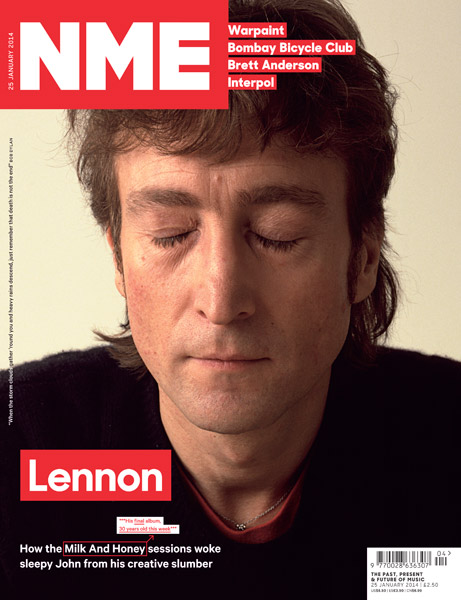 The closure of NME magazine, a 70-year-old British title, says something about the magazine industry. According to Mark Sweeney in the Guardian, this news “is the latest warning sign that the shift to digital media is threatening to kill the British love affair with print magazines.”
The closure of NME magazine, a 70-year-old British title, says something about the magazine industry. According to Mark Sweeney in the Guardian, this news “is the latest warning sign that the shift to digital media is threatening to kill the British love affair with print magazines.”
Or is it? Let’s break it down.
Sweeney asserts that the closure of the weekly title – while it will still exist in digital form at NME.com – is “symbolic of the issues facing the wider consumer magazine market.”
In the UK, sales of the top 100 magazine titles have definitely fallen in the last 10 years, and consumer ads have dropped accordingly. As Sweeney notes, “The reinvention of magazine brands online is all well and good, but the problem is that the £268m fall in print advertising is nowhere near being replaced by the growth of digital ad revenue, a key factor as magazine sales income also falls.”
Publishers are still facing the triple whammy of digital ad spending, the Facebook/Google duopoly, and the craziness of the Facebook news feed changes. It’s tough out there, no question.
But where Sweeney sees proof that print magazines are dying, we see evidence of a sea change in publisher attitudes. For example, in the U.S. Meredith doubled down on print last fall by buying Time Inc. from Time Warner, and has every intention of breaking the digital ad duopoly by establishing its own robust digital ad platform. And Time Inc. UK, the parent company of NME, was bought up by private equity firm Epiris, giving them ownership of some 57 UK titles. They wouldn’t do this if they believed print was a bad investment; the fact that they shut NME down might have more to do with NME itself.
According to Phil Hall, chief commerce strategy office at media buyers MediaCom, “the issue at the moment is there is a glut of titles that are too similar, too generic. Reaching audience at scale is key to many advertisers and if readers are falling away then that’s a major issue.”
Not all sectors of the magazine market are under such pressure,” Sweeney admits. “Luxury titles such as Vogue and Tatler, where the advertising is often a big reason readers buy them, are proving resilient.”
Beyond luxury magazines, specialist titles that cater to niche audience are having a moment, as are titles that are figuring out how to make money from a diversified revenue stream, like Meredith. We saw the early signs of the swing from mass market to niche three years ago, and the trend continues.
Yes, consolidation in the mass market space is real, and it’s causing upheavals. Yes, there will be some losers in the deal, some titles that haven’t managed to adapt to the new realities of magazine publishing. Yet the idea of this being more proof of print’s overall demise is too broad.
“Despite the gloom, magazine publishers, like their newspaper counterparts, sense an opportunity as brand safety and measurement issues have prompted advertisers to closely scrutinize the once unquestionable value of investing in digital media such as YouTube and Facebook,” Sweeney notes.
Digital took it on the chin last year, and many are seeing signs that the value of print lies in brand trust – the trust bump as we call it around here. It’s a reality in the U.S., and the same holds in the U.K.
So, yes, it’s tough to say goodbye to an old friend like NME; there’s no doubt about that. We just don’t see this is a solid proof that the end is nigh.
